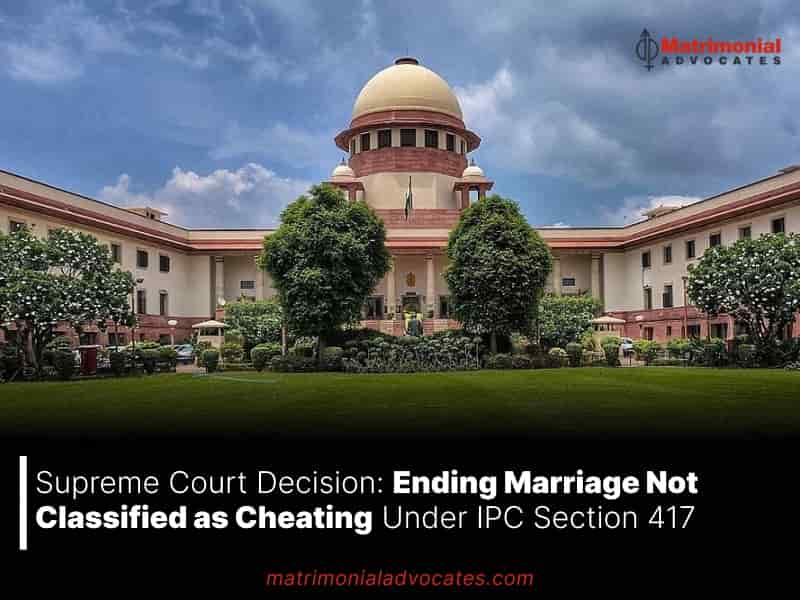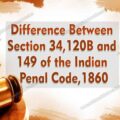
In its adjudication, the Supreme Court determined that the accused’s incapacity to consummate the marriage within the designated premises does not satisfy the requisites for constituting the offense of cheating under Section 417 of the Indian Penal Code.
“We do not see how an offence even under Section 417 of IPC is made out against the present appellant. There can be multiple reasons for initiating a marriage proposal and then the proposal not reaching the desired end. There is no such evidence before the prosecution and therefore no offence under Section 417 is also made out.”, the Supreme Court said.
In a judicial reversal of the High Court’s prior determination denying annulment of the accusation under Section 417 of the Indian Penal Code (IPC), the Bench comprising Justices Sudhanshu Dhulia and P.B. Varale elucidated that the requisite establishment of an offense of cheating under Section 417 IPC mandates evidentiary substantiation by the prosecution, demonstrating the accused’s premeditated intent to deceive from the inception.
“Time and again, this Court has reiterated that in order to make out an offence under cheating the intention to cheat or deceive should be right from the beginning. By no stretch of imagination, this is even reflected from the complaint made by the informant.”
The main issue was about a planned wedding between the person who complained and the person accused of wrongdoing. The complainant’s father gave Rs. 75,000 to book the wedding venue. But the wedding didn’t happen because the complainant found out from a newspaper that the accused had married someone else.
The complainant filed a police report against the accused and their family under certain sections of the law. The accused then asked the court to stop the case against them. The court stopped some charges but not all.
The accused didn’t agree and took the case to a higher court, the Supreme Court. After looking at everything, the Supreme Court said there wasn’t enough proof to show that the accused planned to cheat the complainant and her father right from the start.
“There can be multiple reasons for initiating a marriage proposal and then the proposal not reaching the desired end.”, the Court said.
“in order to prove an offence of cheating in such cases prosecution must have reliable and trustworthy evidence”, the Court added.
After finding that the prosecution didn’t provide enough proof for the claimed offense under Section 417, the court decided that the conditions needed to prove this offense weren’t met. So, the court decided to cancel the legal case under Section 417 IPC.





